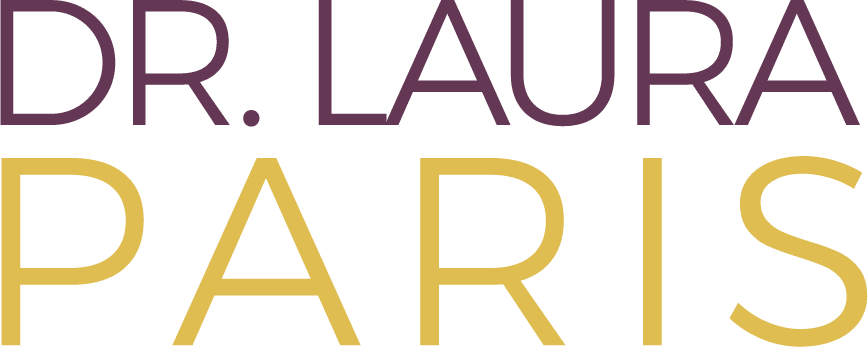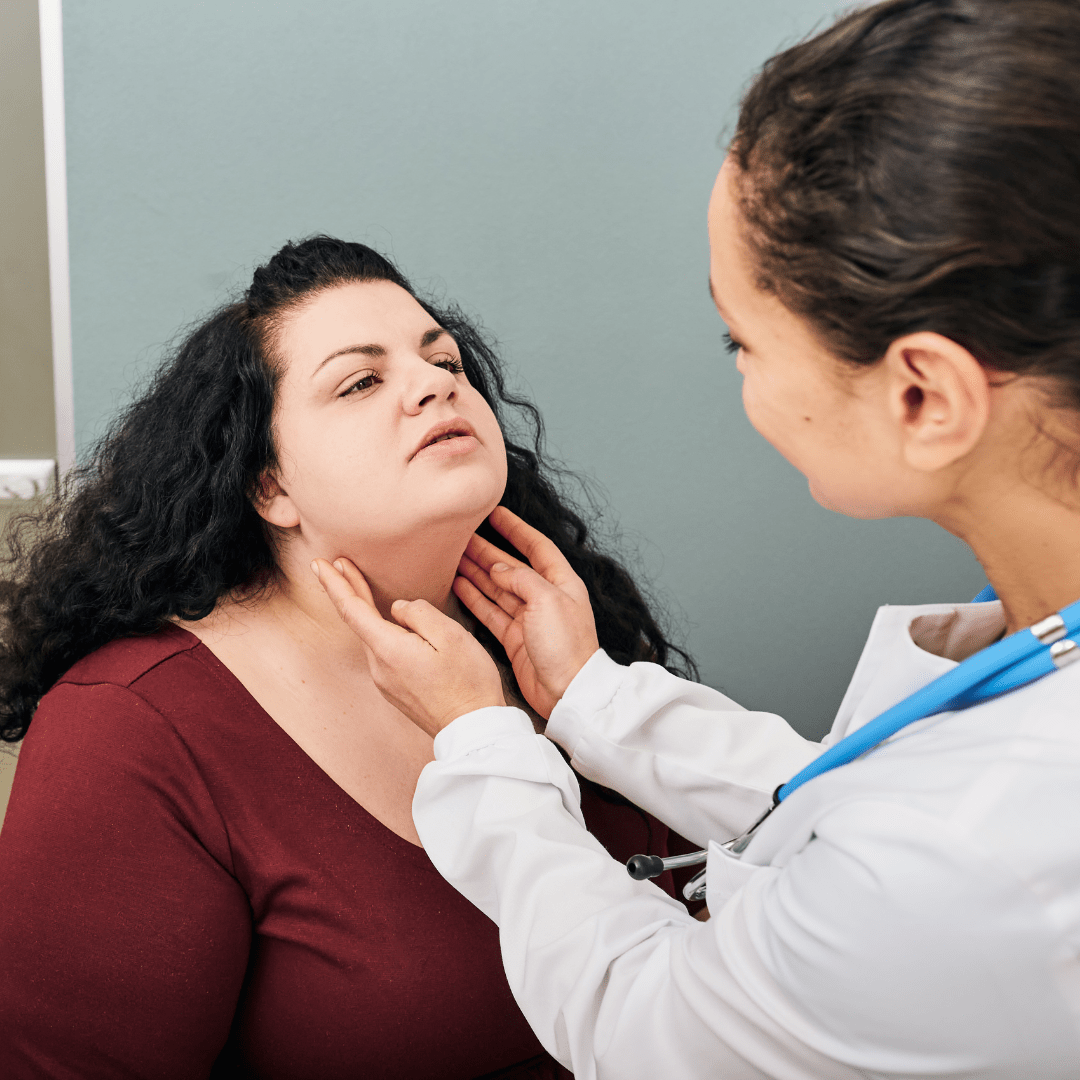T-Cell Regulation for Autoimmune Diseases: A Functional Medicine Guide
In autoimmune disease management, targeting T-cell regulation stands out as one of the most effective strategies. Instead of simply suppressing the effects of inflammation—a common approach of most pharmaceuticals—this specialized functional medicine approach can address the root cause by influencing how T-cells mature and differentiate. This upstream, preventive approach tackles the core drivers of autoimmune activity rather than merely managing downstream symptoms. Let’s delve into why this method is pivotal for managing autoimmune diseases and chronic inflammation.

What Is T-Cell Differentiation?
T-cell differentiation is the process by which naïve (or “baby”) T-cells develop into different types of mature T-cells. Think of these naïve T-cells as blank slates that can mature in various directions. These directions create either regulatory T-cells (Treg) that suppress inflammation or effector T-cells, which stimulate inflammation. The key effector T-cells we’ll focus on are Th1, Th2, and Th17, each of which has a specific role in the immune response.

For optimal immune health, we want a balance in the types of T-cells produced. Problems arise when the immune system is stuck in a dominant Th17 or Th2 state. For individuals with autoimmunity, regulating these T-cell types—particularly suppressing Th17 and Th2 while boosting Th1 and Treg—is crucial.
Let’s dive into how each of these T-cell types impacts autoimmunity and inflammation:
The Four Key Players in Autoimmunity
To make these T cells more relatable, I’ve given them personalities that describe their function: the warrior, the overprotecter, the troublemaker, and the peacemaker. When it comes to autoimmunity, we want to strengthen the warrior and the peacemaker and subdue the overprotector and the troublemaker. Fortunately, these immune personalities are “plastic,” meaning they can shift in response to environmental and lifestyle factors. We can leverage this through food, gut health, and nutrients, as I describe in my article How to Achieve Remission from Autoimmune Disease Naturally
Th1 – The Warrior
Th1 cells are your immune system’s warriors. They fight viral and bacterial infections, target cancer cells, and directly suppress autoimmunity. Unfortunately, in chronic illness and autoimmune conditions, Th1 is often downregulated. People with a weak Th1 warrior response tend to suffer from chronic autoimmune flares, have poor defenses against infections, and struggle to combat atypical cells.
To boost Th1 warrior activity, I recommend supplements like baicalin, berberine, sulforaphane, glutathione, and echinacea. The supplement Th1 Support* is designed for this purpose and has many of these ingredients. Additionally, getting adequate quality sleep is essential for keeping Th1 warriors strong.
Th2 – The Overprotector
Th2 cells are crucial for managing inflammation in “hollow spaces” like the lungs, nasal passages, and intestines. However, they can easily become overactive, leading to chronic inflammation. Conditions like asthma, sinusitis, and histamine intolerance signal a dominant Th2 overprotector response.
Th2 overprotector cells block Th1 warrior cells, impairing your body’s ability to fight infections, suppress autoimmunity, and guard against cancer. To calm down a Th2 overprotector response, I recommend supplements like astragalus, quercetin, perilla, and NAC (n-acetylcysteine). The supplement Th2 Modulator* is designed for this purpose. Stress management techniques and improving gut health also help control Th2 overprotector cells.
It’s important to emphasize how prevalent Th2 dominance is and how significantly it can derail immune balance. Because of this, I dedicated an article to this topic: How Th2 Dominance Impacts Allergies and Immune Health.
Th17 – The Troublemaker
Th17 cells are notorious for driving destructive inflammation in autoimmune diseases, leading to tissue breakdown. To calm the overactivity of Th17 troublemakers, we need to reduce chronic inflammatory triggers. So we go “inflammation hunting” for things like blood sugar dysregulation, hormone imbalances, and chronic infections. We identify food sensitivities and incorporate anti-inflammatory diets.
Subduing the TH 17 troublemaker is, first and foremost, about inflammation hunting. Next, we strengthen the Th1 warrior and Treg peacemaker (next up) because these two personalities keep the Th17 troublemaker in check.
Treg – The Peacemaker
Treg cells are the immune system’s peacemakers, keeping effector T-cells like Th17 troublemakers in balance. To support Treg peacemaker cells, we focus on curcumin, resveratrol, glutathione, sulforaphane, vitamin D, and omega-3 DHA/EPA. The supplement Balanced Immune,* designed for this purpose, has many of these components. Lifestyle habits that support the peacemaker include regular exercise, increasing oxytocin through love and affection, and maintaining regular circadian rhythms–this means a regular bedtime and wake-up time in harmony with the sun.
During an autoimmune flare, we boost the levels of Treg peacemaker supportive supplements until the flare is suppressed, and then we move to maintenance doses.
Steps to Improve T-Cell Regulation for Autoimmunity
Ideally, your naive T cells can mature in any direction as needed because there are purposes for each type. The problem is when you get stuck, or dominant, in one direction – especially the Th17 troublemaker or the Th2 overprotector. For autoimmunity, we generally want to downregulate these two personalities and upregulate the Th1 warrior and T-reg peacemaker. This is the general order I follow, although this is fluid depending on the individual:
- Support the Th1 Warrior: Upregulate your body’s primary defense system to fight infections, guard against cancer, and suppress autoimmune reactions. Use Th1 Support *and get quality sleep.
- Calm the Th2 Overprotector: Reduce chronic Th2-driven inflammation to allow Th1 to function properly. Use Th2 Modulator,* develop stress reduction techniques like meditation and yoga, and improve gut health.
- Suppress the Th17 Troublemaker: Go inflammation hunting to root out triggers, identify food sensitivities, and eat an anti-inflammatory diet.
- Boost the Treg Peacemaker: Use Balanced Immune,* exercise regularly, go to bed and wake up at the same time every day, and build more love, touch, and affection into your life–even by having a pet or getting a massage!

Optimizing T-Cell Balance: The Key to Autoimmune Remission
Effective autoimmune management starts with understanding and optimizing T-cell regulation—a powerful way to address the root causes of chronic inflammation and autoimmune flares. If you’re ready to move beyond symptom suppression and embrace a holistic, upstream approach, I’m here to guide you.
As a functional medicine practitioner, I specialize in creating personalized plans that target your unique T-cell dynamics. Together, we’ll uncover the key drivers of your immune imbalance and tailor interventions to help you achieve lasting remission. My Road to Remission program is designed to walk you through this process step-by-step, combining advanced testing, targeted supplementation, and lifestyle strategies.
Take control of your autoimmunity and embark on a journey toward balance and resilience. Let’s create a plan that supports your body’s ability to heal naturally and empowers you to live with vitality.
*The supplements mentioned above, Th1 Support, Th2 Modulator, and Balanced Immune, are part of my T-Cell Regulation Plan on Fullscript. You can set up an account and get a 15% discount on the products in this plan:
Questions about this topic? Please ask below.

Dr. Laura Paris is a women’s health specialist who provides Acupuncture and Functional Medicine care at her two clinics in Capitola and Monterey, California. She also works with women remotely in the United States through telehealth appointments. Learn more about Laura here, and message her directly here.








Yes, this is fascinating. I wonder if you’re using these compounds extracted in pill form, or utilizing herbs with these compounds in them – for example, qing hao artemisia contains a lot of quercitin, and hu zhang polygonum is rich in resveratrol.
Great question! I usually use concentrated extracts to match doses from research, if available. I also use Pure Encap’s formulas designed by my mentor – Th1 Support, Th2 Modulator, Innate Immune, and Balanced Immune. But also plenty of improv according to what’s available. Someday I hope to make my own formulations.
Thank you for this explanation that a layperson with Sarcoidosis can understand. I now know why Dr. Saxena prescribed the supplements and lifestyle changes she did. It also explains why I have recently developed osteoarthritis.
I can tell that my immune system is healthier than it was in 2012 when I first met Dr. Saxena. However, the medication (olmesartan) I was taking for 9 years began to cause malabsorption. While I was weaning off the olmesartan I also started walking 40 minutes each day (2020-2021). In May of 2021 I over-did the walking by doing 70 miles that month. My treg T-cells were not getting the nutrients they needed and apparently, the over-protectors were.
Your suggestions are very valuable, but I have already had a bad reaction to berberine and turmeric so I will hesitate to use these. I will discuss other options with my new doctor.
What you wrote to me here helps me understand the theory I have that Sarcoidosis is not autoimmune, nor is it just an inflammatory disease, but a dysfunctional immune system disease. When all parts of the complicated and extensive immune system are working properly, diseases take a hike/vacation.
Conventional medicine is never going to solve the mystery of Sarcoidosis and find a “cure” until they stop suppressing the immune system with harsh drugs.
I am triple glad that I never took the immune suppressants.
Thank you for listening to my ramblings.
Jeanne in Union City
Terrific presentation, especially updating the outdated Th1/Th2 hypothesis. However, the visual doesn’t seem to illustrate clearly what you state in the narrative, that by lowering Th2 and supporting Th1 and Treg (steps 1,2, and 3) the Th17 is suppressed. Might adding a Step 4 with this information tie it all together?
For clarity and increased understanding in the second from last sentence in the T-reg peacemaker paragraph consider adding the following (SHOWN IN CAPS): “So first support the warrior WITH BAICALIN, BERBERINE, SULFORAPHANE, ECHINACEA, AND GLUTATHIONE before supporting the peacemaker with the nutrients curcumin, resveratrol, vitamin D….”
Thanks, Brian. I did change the wording and hope it clarifies.
Are you recommending taking these supplements in order for some time before moving on to the next step or implementing all at once? Do you have recommended dosages?
It’s best to do steps one and two, even for a couple of weeks, before moving to step three. I don’t have recommended generic doses, but am working on self-assessments so stay tuned.
So fascinating – thank you, Laura! Does that mean that one has to be on Treg support forever? Or even continue the Th1 up-regulation and Th2 down-regulation alongside? Seems like a ton of single supplements.. 🤔
Of course, everyone’s a little different. Generally, I like to get people to the point where Th1 and Th2 are no longer an issue (not in need of intervention) and then yes some sort of Treg support on an ongoing basis (and here is where the turmeric can shine), with a maintenance dose being less than a flare dose. The goal is zero flare days, and all symptoms and blood work pointing to remission. My remission protocol is curcumin, fish oil, D, resveratrol and liposomal glutathione, once a day, as an example. I no longer have issues with low Th1 or high Th2.
Hello Laura,
You say that th1 th2 dominance is old dated info, but I still read on a lot of sites that my psoriasis is th1 dominant, it confuses me.. don’t know what are the right steps for me.
Chronic autoimmunity, especially with skin expression, is typically Th2 dominiant.